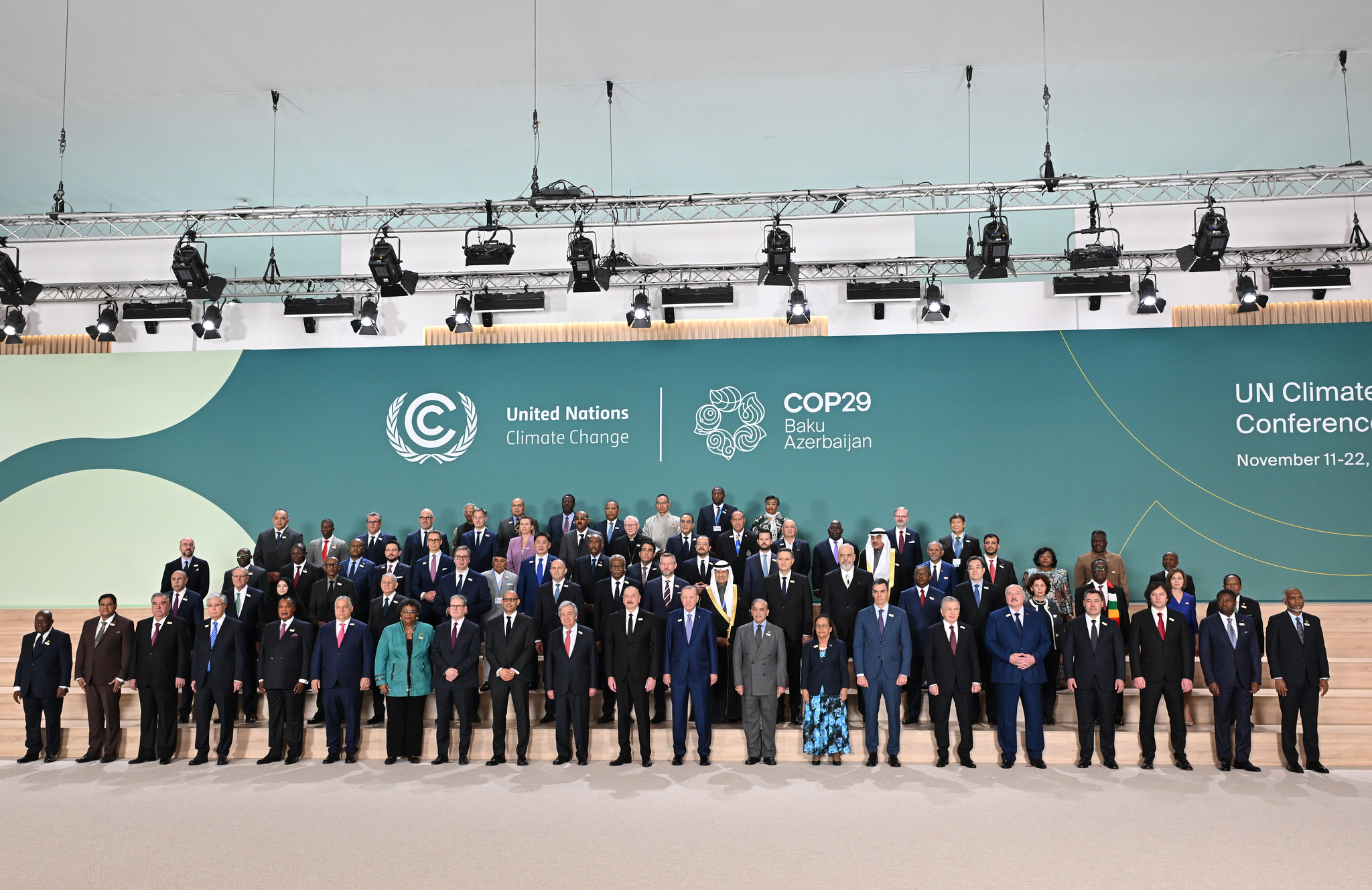Over 50 governments have signed a United Nations declaration to make global tourism more climate-friendly, marking a significant milestone at the COP29 climate summit in Azerbaijan.
“At COP29 we have achieved today a historic milestone by being included in the UN Climate Change Conference Action Agenda for the first time,” UN Executive Director for Tourism Zoritsa Urosevic told a press conference.
The tourism sector contributes 3% of global GDP and accounts for 8.8% of greenhouse gas emissions, according to Urosevic. The newly signed ‘Declaration on Enhanced Climate Action on Tourism’ commits countries to integrate tourism considerations into their climate policies, including Nationally Determined Contributions (NDCs), which outline national strategies to cut emissions. The next NDC updates are due in February.
Tourism, a critical source of revenue for many economies, particularly in emerging markets, is also highly vulnerable to climate impacts such as hurricanes, heat waves, and droughts. “We now understand that the future of our business depends on the sustainability of our actions today,” said Kanan Gasimov, head of administration at Azerbaijan’s tourism agency.
The declaration is complemented by initiatives like a framework introduced by the ‘World Sustainable Hospitality Alliance’, which focuses on tracking and reporting metrics such as greenhouse gas emissions, water usage, waste management, and energy consumption across the hospitality sector. This data aims to provide both the industry and travellers with insights into their environmental footprint.
“This is an industry with a vested interest in protecting destinations,” said Glenn Mandziuk, CEO of the alliance, which represents 55,000 hotels with over 7 million rooms, including major brands such as Accor, Hilton, and Marriott. “We must lead the conversation on how tourism can play a larger role in sustainability.”
The declaration and associated initiatives underscore the increasing recognition of tourism’s dual role as a driver of economic development and a contributor to climate action.
